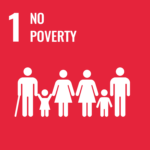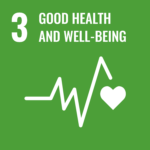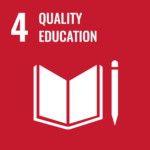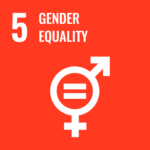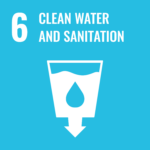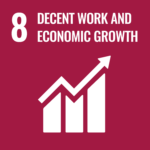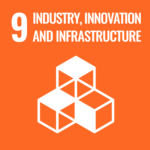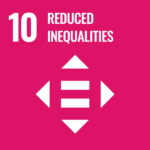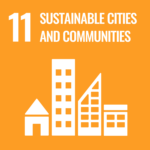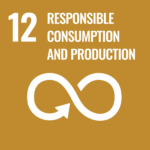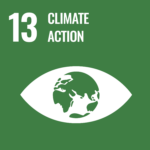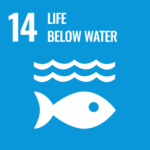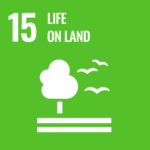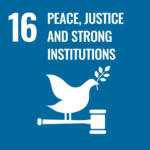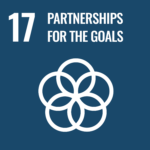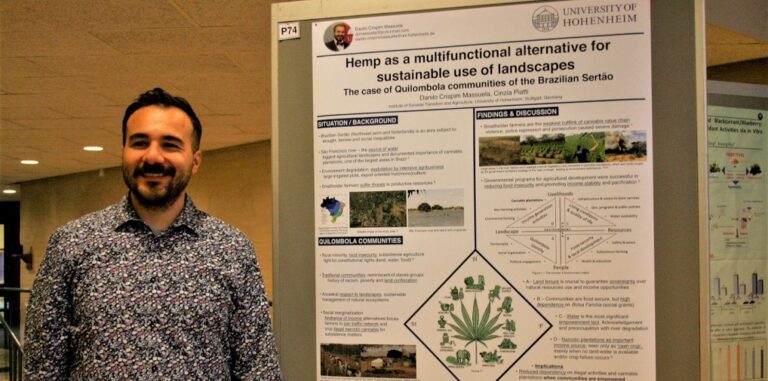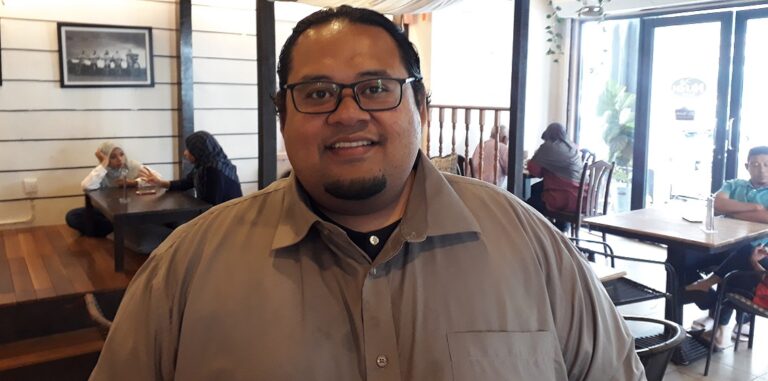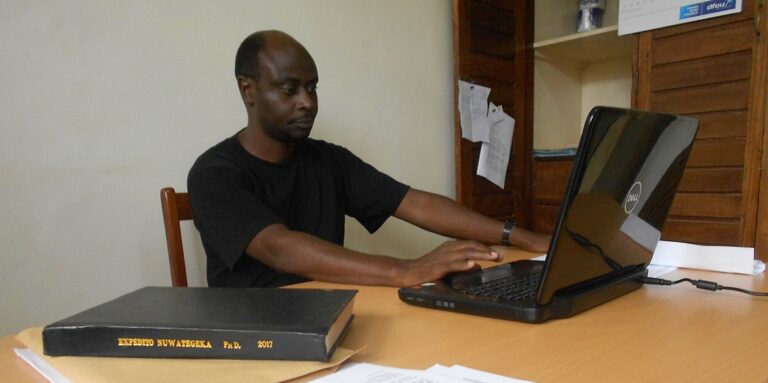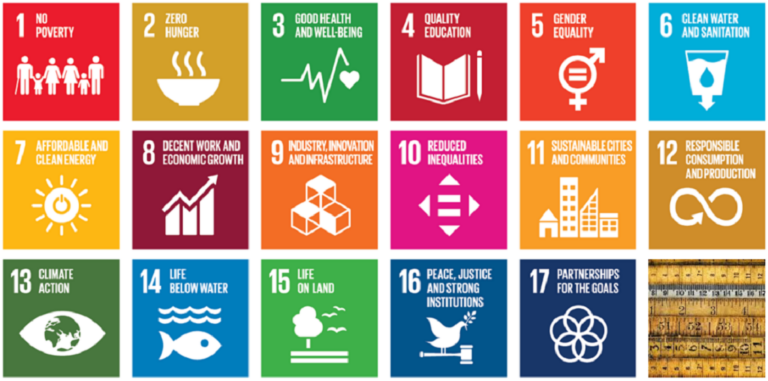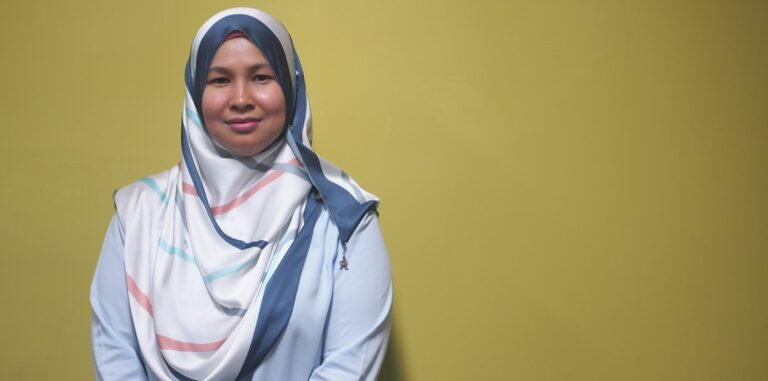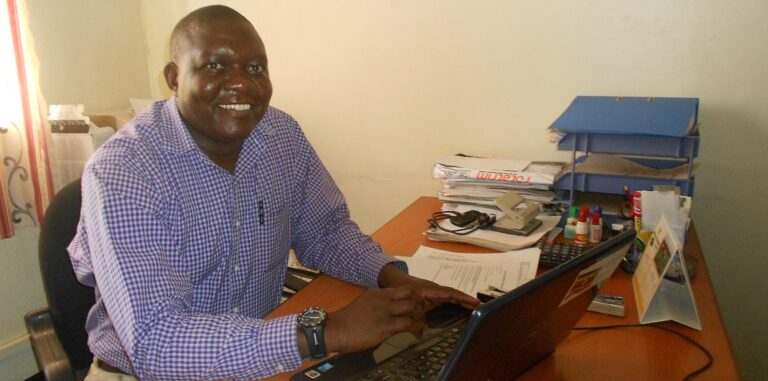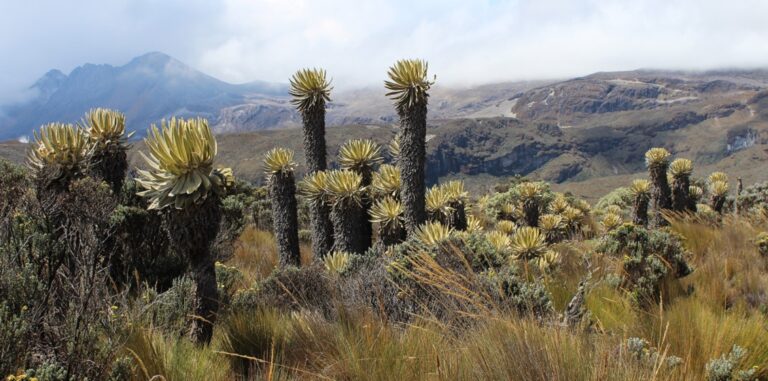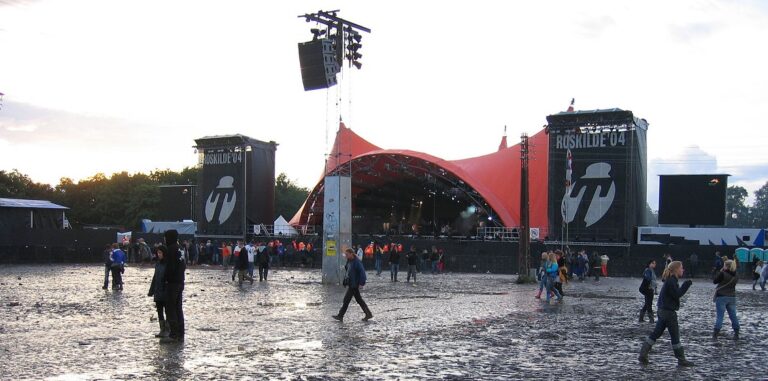Changing the diet nationally affects water globally
In November 2019, Dori Zantedeschi was attending the ELLS Student Conference 2019, in Uppsala at Ultuna campus of the Swedish Agricultural University (SLU). Along with listening to students’ presentations, I was catching up with some friends that are part of the same double degree program as mine called Environmental Science in Europe (EnvEuro), but that I don’t have the opportunity to see often, since we study in different universities. For the last two years, the ELLS conference has been a fixed appointment for meeting each other.
Read More
Being a Quilombola farmer and being considered a drug dealer
In November 2019, I was In Uppsala for the ELLS Student Conference (see article), organized by Swedish University of Agricultural Sciences in Ultuna campus. On the second and last day of the conference, I went to Danilo Crispim Massuela’s poster presentation. I like poster presentation, because the atmosphere is more familiar since you stand all around the poster and the presenter.
Read More
“People expected political transformations and democratisation in a second”
In September 2018, Mostafa Shehata defended his PhD Dissertation: "Newspaper and Social Network Sites in Egypt After the 2011 Revolution: Connective Action, Communication Power and Mediatization of Politics", at Roskilde University (RUC) in Denmark. He concluded that “media can provide a good space for mobilisation for a specific amount of time. But in the long run, you will need strong presence ‘on the ground’, and organisations to support your mobility and your movement”.
Read More
“We need to spread our knowledge”
Dr. Firdaus Yusoff came to Denmark to study the biofuel process. He left with much more than just academic achievements. The stay in a foreign country sparked his scientific curiosity and convinced him to emphasize that scientists need to serve the public by sharing results and knowledge.
Read More
Indigenous Knowledge (IK) and the new face of Uganda’s PhD
The first time I spoke to Dr. Expedito Nuwategeka was on the telephone. In my mind I saw the image of a 60-year old man sitting on a wooden chair with piles of books at his table. However, that is not the image I arrived to at Gulu University on an April afternoon to meet him.
Read More
What does success look like for the SDGs?
Governments, civil society actors such as large businesses, development consultancies and universities all have adopted the SDG framework and state that all future work will be carried out with them in mind. But what exactly are the SDGs? and are there any gaps in the SDG framework which hinders progress?
Read More
“I want to give back what I learned to our society”
When Dr. Norazana Ibrahim did her Ph.D. project at the Technical University of Denmark (DTU), she could confirm that agricultural waste should be an important energy resource in Malaysia. Now comes the difficult part of commercializing the technology in the Malaysian waste management industries.
Read More
Mr. ENRECA and the Grant that Lifted Gulu University
In Gulu University’s history of nearly two decades, the story of ENRECA is told and retold with passion. The four-year Danish International Development Agency (DANIDA) funded 10 million DKK project was the university’s turning point in many ways: It delivered its first PhD, its first female PhD, 20 master’s degrees, several research collaborations, experience in managing large grants and a lot more.
Read More
“The spectacled bear just doesn’t sell as well as the polar bear”
The Colombian hydroclimatologist Daniel Ruíz Carrascal is one out of only three IPCC authors from Colombia. He has dedicated his life to studying climate change, especially in the mountains and the páramos (the moorlands). And he is worried about the future - he doesn’t have a clue what will happen with those fast and important changes.
Read More
How much damage did your trip to Roskilde Festival do to the environment, this year?
Most young people are becoming increasingly aware of their environmental impact, making sensible decisions on a daily basis, to reduce their carbon footprint, and to improve upon their self-sustainability. This involves continuously implementing sacrifices into daily life, for the benefit of the planet. Unfortunately, choosing to spend part of your summer at a festival can be a huge strain on your overall footprint.
Read More



